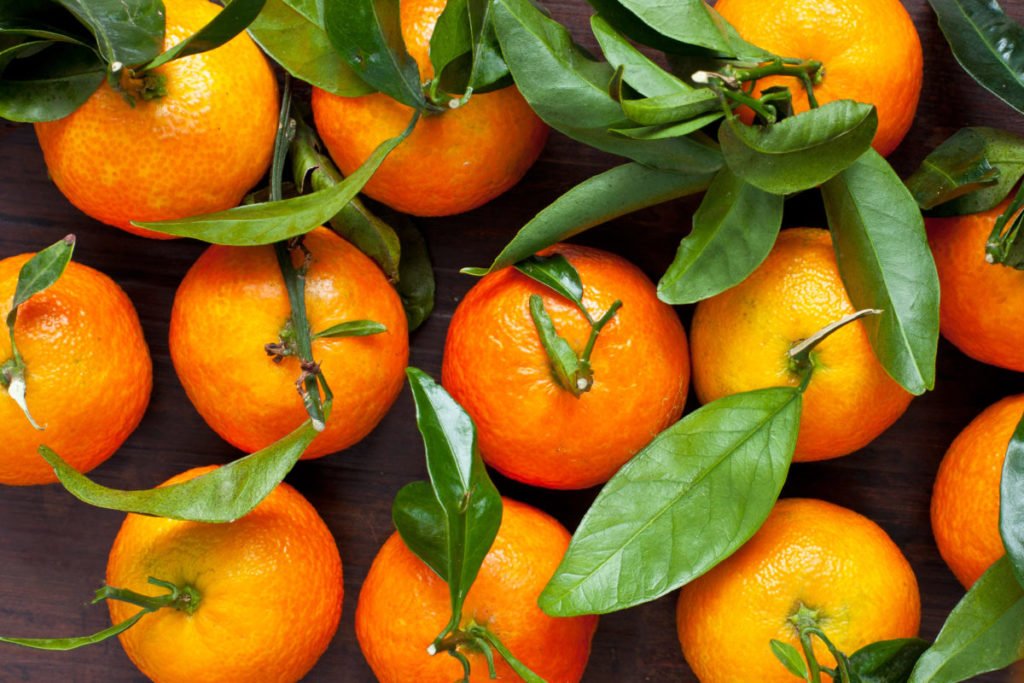Sumo Citrus, a Japanese fruit was introduced into the US in 2011 and had since then slowly become popular and could now be seen everywhere one might look for it, CNN reported. According to Jerry Callahan, group vice president of produce and floral at the grocery store chain Albertsons, when he first tasted the fruit nine years ago, he was convinced it was something special and that it would become something of a rage with consumers. Callahan who has a keen eye for spotting trends said he had eaten a lot of fruit, but he described the Sumo Citrus as unique. He said there was just nothing like the Sumo Citrus eating experience.
Japanese Fruit Sumo Citrus Gaining Growing Popularity In US
The fruit does not quite grab one’s attention at first sight and looks rather like a small orange with a wrinkly rind and a knob similar to the top knot worn by the Sumo wrestlers from whom it takes its name. But, it actually is a hybrid of navel oranges, mandarins and pomelos having an extra-sweet mandarin like taste. Thanks partly to its knobby handle, one can peel it easily without getting one’s fingers too sticky.

According to commentators, Callahan’s prediction seemed to have come true over the past two years, thanks to AC Brands’ major marketing initiative pitching Sumo to the right consumers. Leveraging the buzz on Instagram by influencers it reached out to consumers willing to pay $4 per pound of fruit, through billboards and magazine ads According to Nielsen, the past year, saw consumers spend nearly $62 million on Sumo Citrus fruits, a fraction of the $2.1 billion mandarin market.
US sales had increased around 35% each year since March 2018, Nielsen data showed.
Callahan said when one walked into the company’s stores, in a lot of cases one would get to see Sumo Citrus at the front door prominently displayed, because the company knew that the customers were hungry for them, and wanted them.
But according to commentators, fruit marketing could be a fickle business and people who loved Sumo Citrus one day might find a new fruit they would love the next day. Also, with professionals like Callahan keeping an eye on the next hit product, AC Brands had a short period on hand to ensure the product could hold its own to keep selling even in the face of competition from the new arrival.
Sumo Citrus was the brand name for a fruit called shiranui, which was mostly referred to as Dekopon, which too was a brand name, in its home country of Japan. The fruit made its first appearance in the 1970s and by the 1990s, it had gained popularity in Japan and become the much loved fruit there, selling for around $10 a pop, according to David Karp, the self-described ”Fruit Detective”, in a 2011 Los Angeles Times article titled ”The Dekopon arrives in California.”
According to Karp, American growers struggled to get access to the seedlings and while the product was smuggled by some they were forced to cut the trees down by the government, over concerns of the spread of harmful plant viruses in the US. Finally, Suntreat, as AC Brands was known earlier, could set up shiranui groves legally in California, in a secret undertaking.
Karp wrote that the growers that had come on board signed exclusive and confidentiality marketing agreements with Suntreat. He added none was supposed to refer to the word Dekopon.
The company, by 2011 was in a position to make the secret public and offer the fruit to Americans under a different name. AC Brands thought the name shiranui or Dekopon would be a non-starter with US consumers. According to Sunnia Gull, director brand management at AC Brands who spoke to CNN, the Sumo Citrus brand was created because of what the fruit looked like.